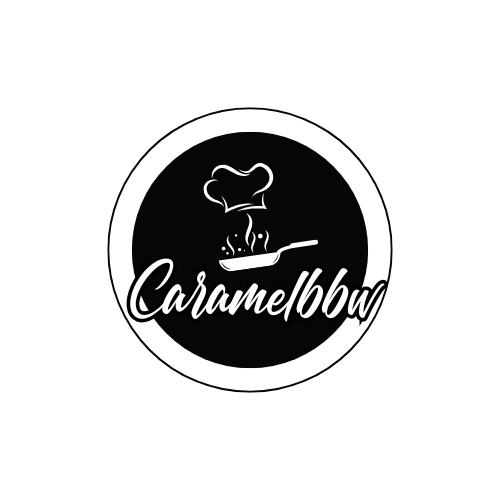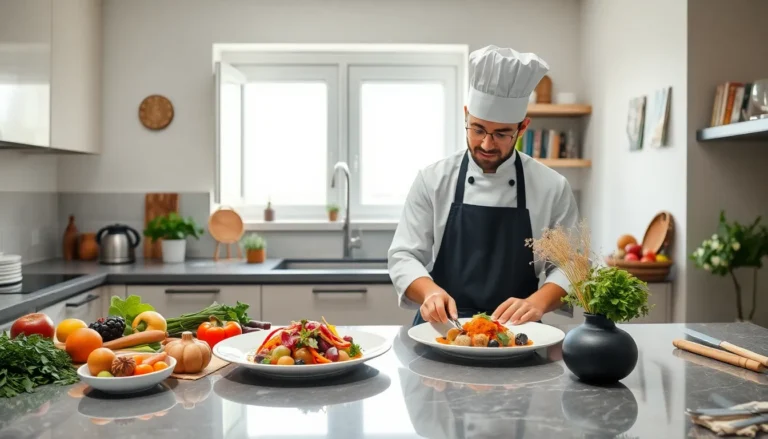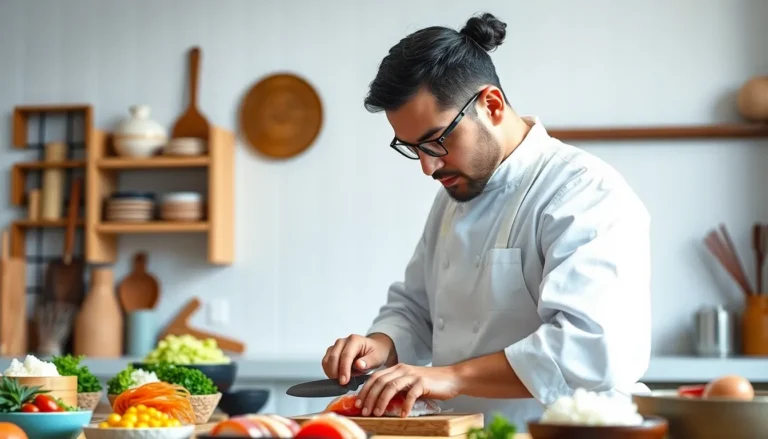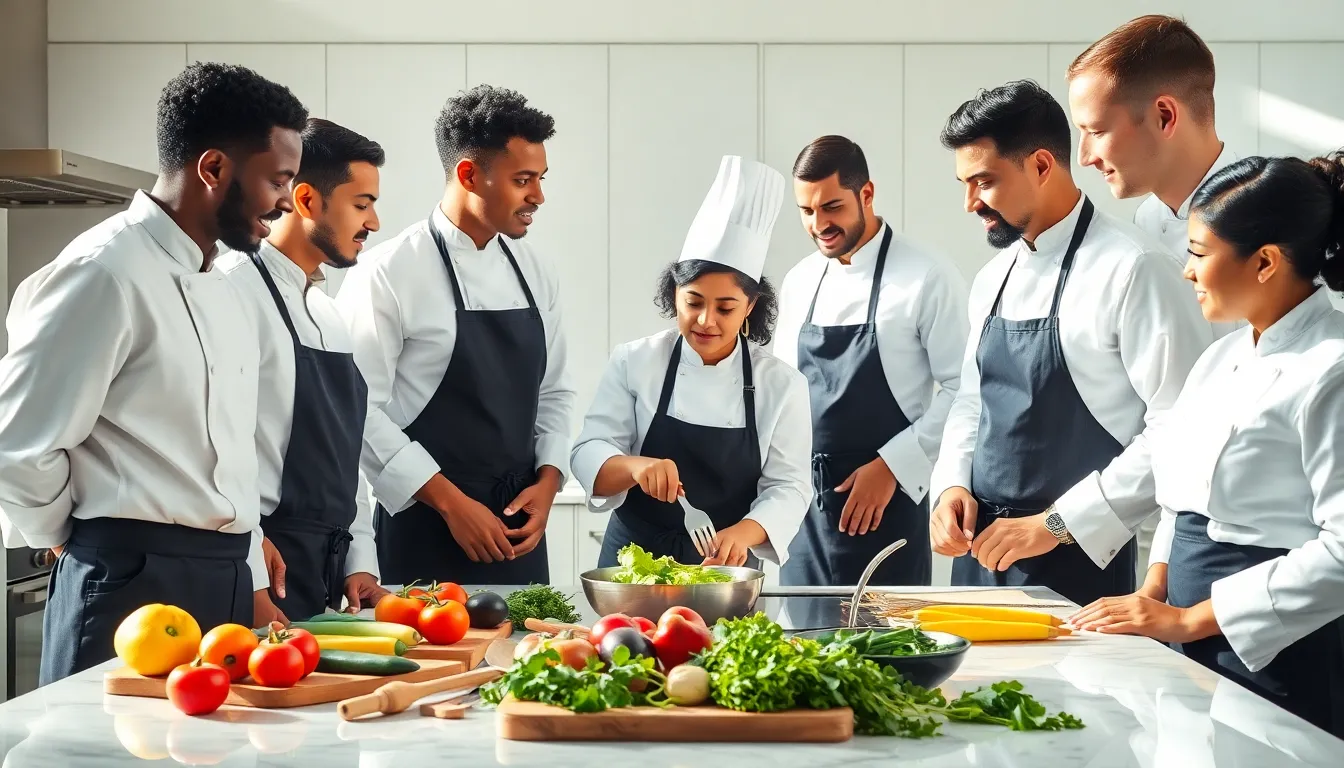
Who Invented Cooking? Uncovering the Delicious Mystery
Ever wondered who first thought, “Let’s add a little heat to this meal and see what happens?” Cooking, a hallmark of civilization, has been around so long that it feels as if it’s always existed. From the humble beginnings of roasting meat over an open flame to today’s gourmet masterpieces, the evolution of cooking is as fascinating as it is appetizing. So, let’s take a flavorful journey through time and discover who invented cooking, and how this savory skill has shaped our world.
Who Invented Cooking
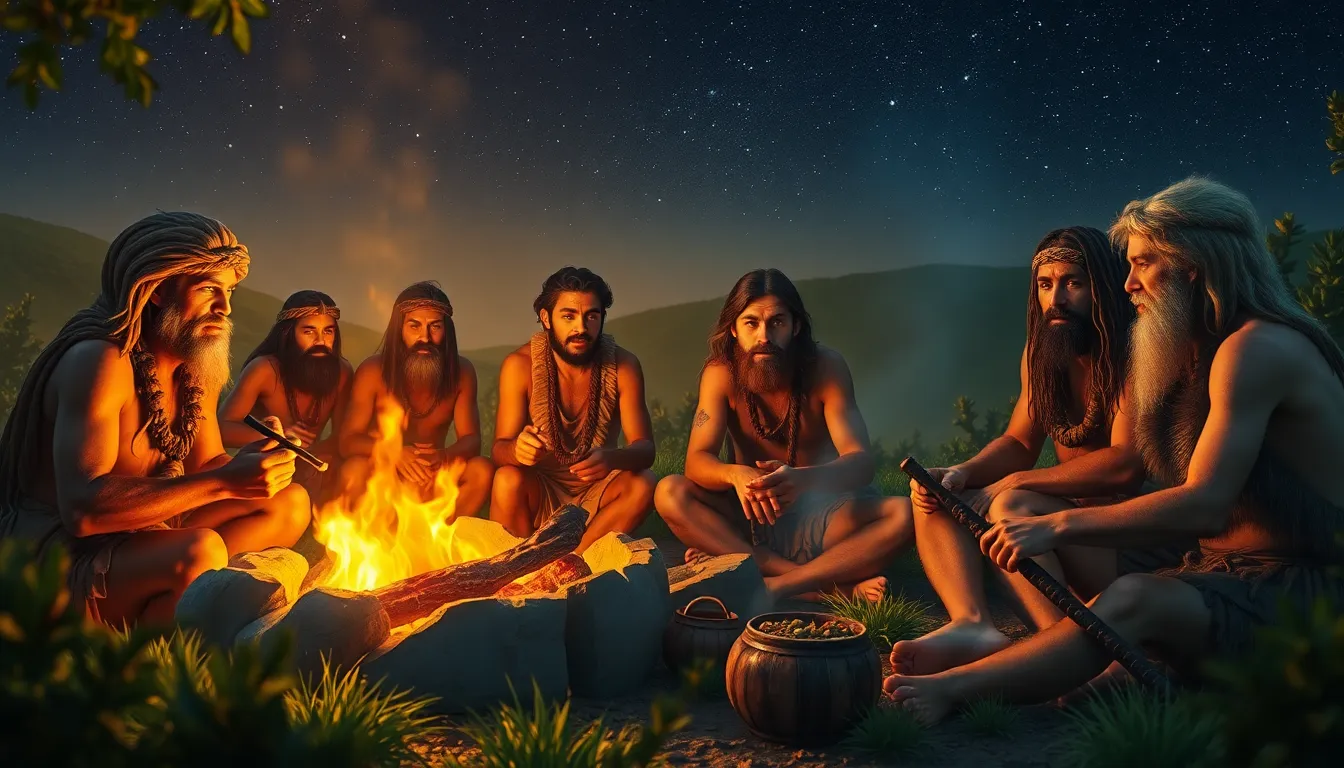
Cooking didn’t just appear overnight. The origins of cooking trace back to prehistoric times, roughly 1.5 million years ago, when early hominids began to harness fire. Evidence suggests that Homo erectus was among the first to use fire for cooking, leading to significant advancements in nutrition and social structure. This simple act of cooking wasn’t just about eating: it helped form communities. Gathering around a fire, sharing food, and exchanging stories likely played a role in developing social bonds. This fundamental aspect set the stage for culinary practices that would evolve over millennia.
The Role of Fire in Cooking
Fire is often seen as the hero of cooking. Without it, we’d still be chomping on raw roots and uncooked meats. The ability to control fire marked a pivotal moment for humanity. Cooking meat not only made it easier to digest but also made it more palatable and safe to eat, reducing the chances of foodborne illnesses. Also, fire allowed for the cooking of vegetables, which increased the range of diets available. As people became proficient in using fire, they started to experiment with various ingredients, leading to the diverse flavors we enjoy today.
Early Methods of Cooking
In those ancient days, cooking techniques were rudimentary but effective. Imagine a prehistoric chef, daringly overlooking an open flame with a rack of meat sizzling above it. Early methods of cooking included baking, roasting, and boiling in clay pots. Evidence suggests that humans used hot stones to heat food, creating an early version of the steamer. These methods not only enhanced flavors but also made food more enjoyable. As time went on, ancient cultures developed new ways to cook, incorporating local ingredients and traditions.
Cultural Influences on Cooking Techniques
As civilizations emerged, so did distinct cooking techniques shaped by cultural practices. From the complex spices of Indian cuisine to the rich stews of ancient Rome, cultural influences played a massive role in shaping how people cooked. Take the Chinese, for example. They mastered stir-frying, a technique that allows for quick cooking while preserving flavors. Similarly, Mediterranean cultures often emphasized fresh herbs and olive oil, creating dishes that reflect their environment. These cultural diversities proved that cooking is not just about sustenance: it’s an art form, deeply connected to identity.
Evolution of Cooking Tools
Throughout history, cooking tools have undergone revolutionary changes. The transition from stone tools to metal ones marked significant progress. Early humans used rudimentary knives and stones, while ancient Egyptians developed the first ovens around 2500 B.C. By the time of the Renaissance, cooking tools had become more sophisticated. Whisks, pots, pans, and specialized utensils emerged, allowing for more diverse cooking methods. This evolution continued into modern times with the invention of gas stoves, electric appliances, and even sous-vide cooking, a testament to humanity’s ingenuity in the kitchen.
Cooking Through the Ages
As societies advanced, so did their culinary techniques. The Middle Ages saw the introduction of spices, leading to more intricate flavor profiles. The Age of Exploration brought new ingredients from around the world, forever changing regional cuisines. With the industrial revolution, cooking shifted dramatically. Canned goods and processed foods became staples, altering how people prepared meals. Yet, even though these changes, the essence of cooking remained centered around community and creativity. Every age added its unique touch, reflecting the society’s values and resources at hand.
Modern Cooking Innovations
Today, cooking continues to evolve at a dizzying pace. The rise of technology has introduced innovations like the microwave oven and instant pot, making cooking faster and more accessible. Health trends have also shaped modern culinary practices, with an emphasis on plant-based diets and sustainability. Chefs around the world are now mixing traditional techniques with modern flair, creating fusion cuisines that delight the palate. Also, the internet has transformed cooking into a shared experience, with millions learning through online videos and recipes, bridging cultures and flavors.
